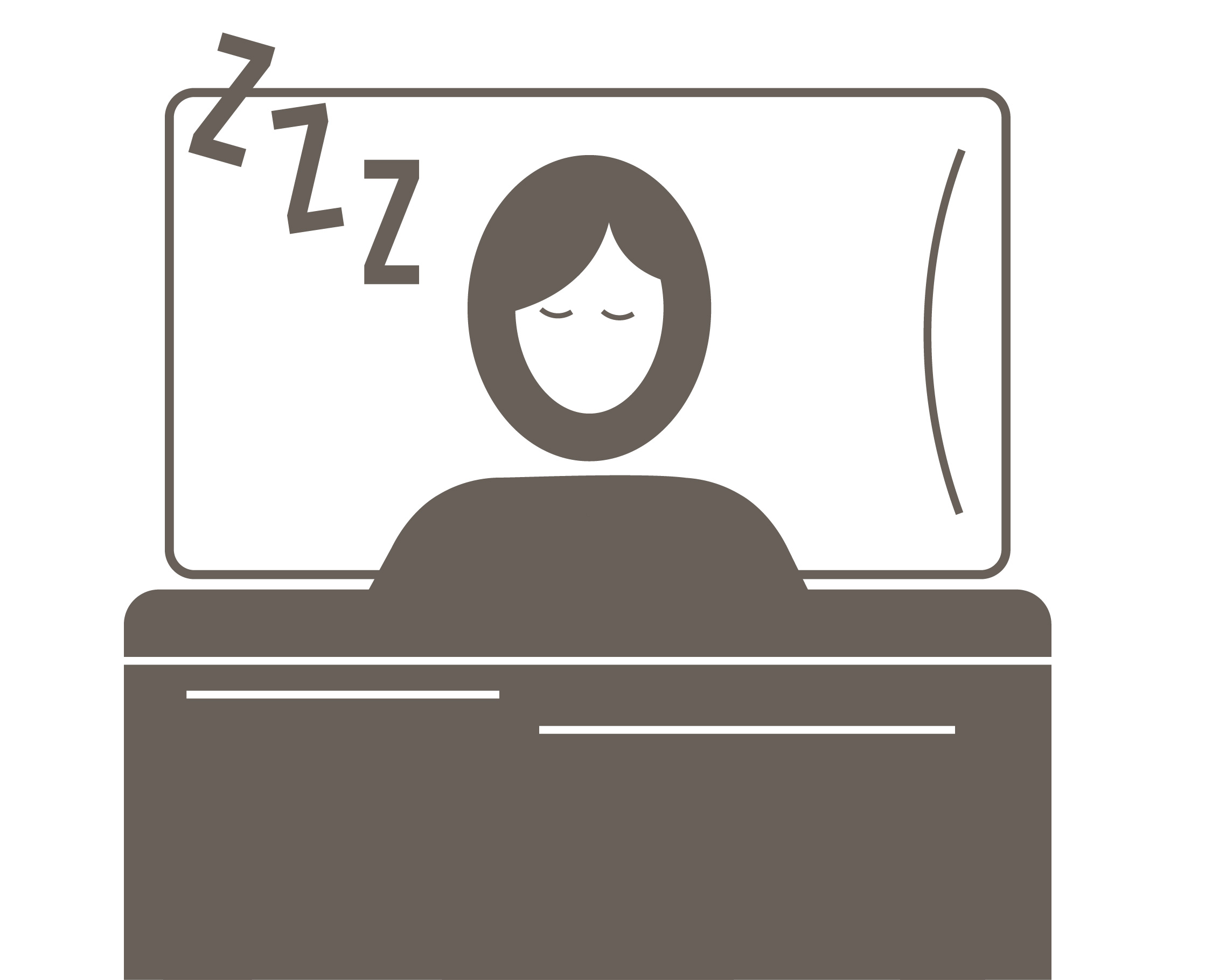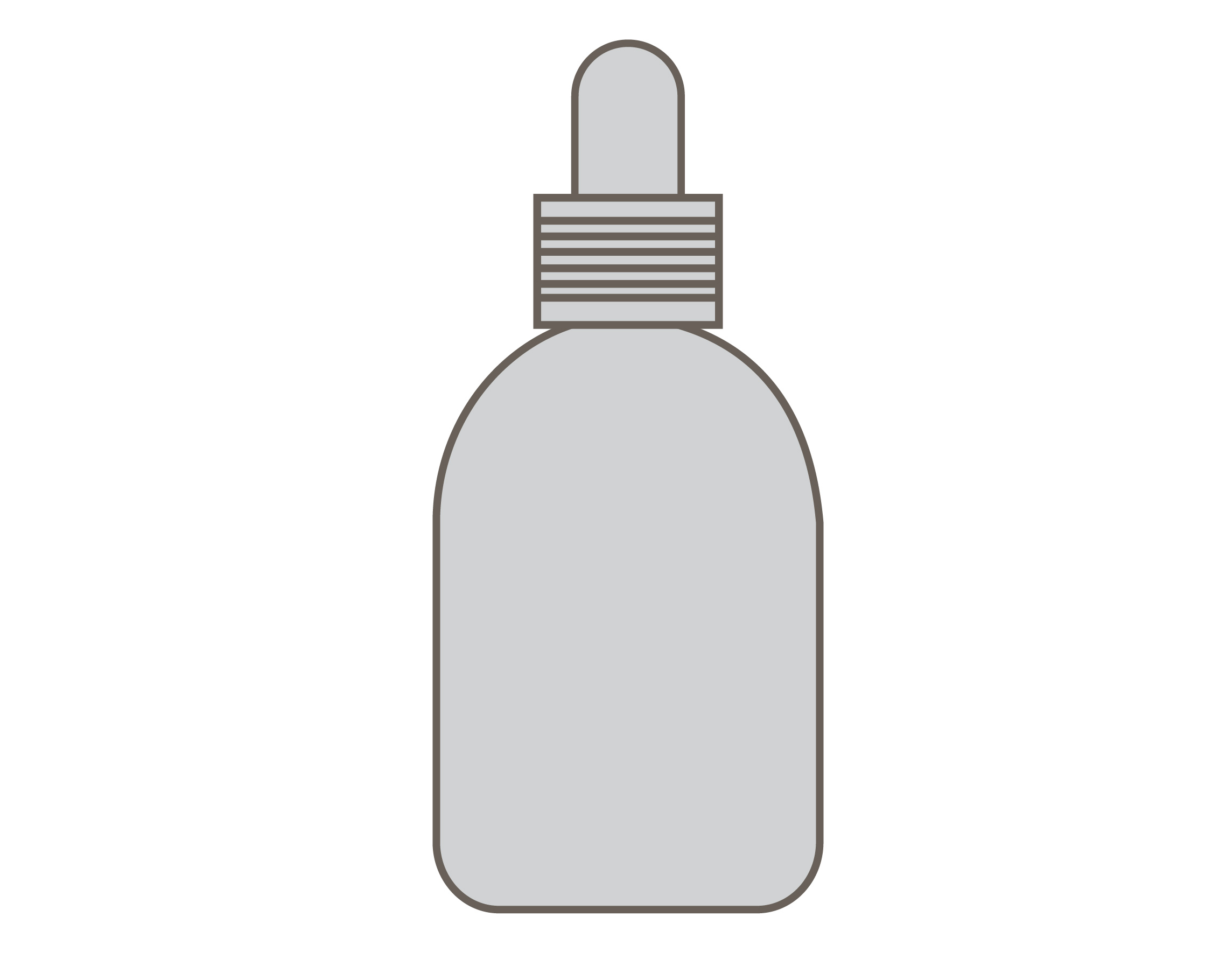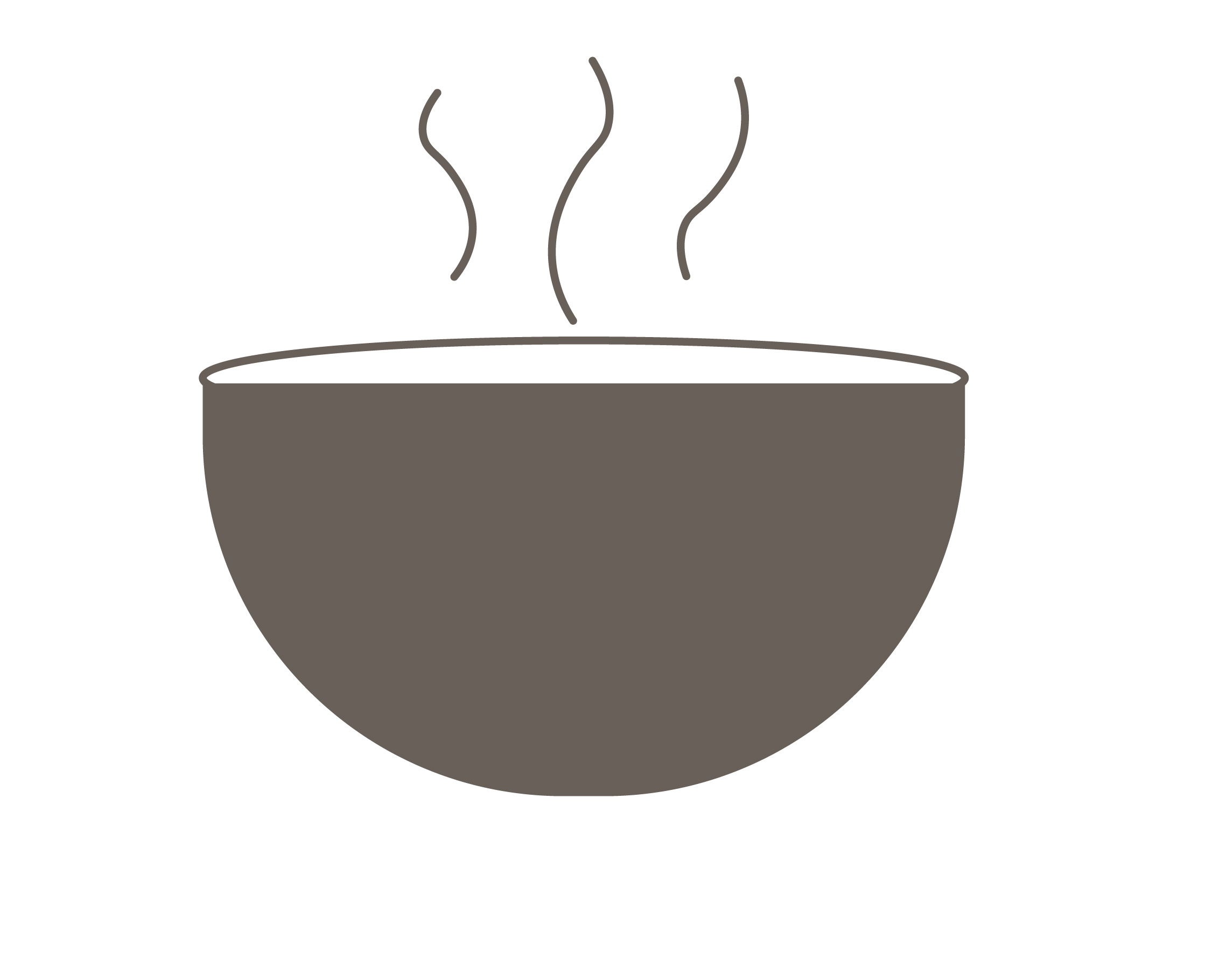8 Tips for Managing Stress

Stress affects most people in one form or another. According to a study by the American Psychological Association, in a typical year 69% of adults see health care as a significant source of stress (Stress in AmericaTM 2019). In 2020, more Americans experienced higher levels of stress due to the pandemic (Stress in America 2020). As more people look for tips for better managing stress, here are some ideas you can try.
Get those zzz’s

You know it (get enough sleep!), but you still don’t do it. Why? When life gets busy, it’s easy to justify skipping something that feels less important — often sleep. But the more stressed you feel, the more you should focus on prioritizing adequate sleep. Studies show that sleep not only gives your body much-needed rest but is essential in a number of less obvious ways. While you sleep, your body is rebuilding, replenishing, and restoring systems; moving information from short-term memory to long-term memory; regulating hormones, and more.
- Aim for 7-8 hours of sleep each night for maximum results and rejuvenation.
Minimize as much as possible

Some people who are “doers” can end up overextending themselves, which can add to feelings of stress. Even though you may want to volunteer for an event or take on more at work, if you’re already feeling stressed, you may need to decline so you can focus on managing stress.
- Try to minimize where possible and focus on what matters. Remind yourself that your value as a person doesn’t come from how much work you produce or how efficient your day is.
- When life gets particularly busy, you may need to intentionally turn down optional activities, bow out of things you typically say “yes” to, and delegate tasks to others.
Skip doing things that you feel guilted into doing and pinpoint ways to simplify your day when possible. That could mean you:
- Simplify dinner. Visit the hot bar, salad bar, or deli shelves, or pick up a rotisserie chicken as your meal base (see 10 ideas for rotisserie chicken meals).
- Find helpers. See if you can outsource certain tasks, whether that’s finding a carpool for your kiddo, hiring a teenager to clean your driveway, or using a grocery delivery service like Instacart.
- Say no. Or you can say “No thanks,” “Maybe next time,” or “That doesn’t work for me.” At least for now, a big tip for managing stress is to say no to extra obligations.
Be intentional

After minimizing your schedule and adjusting expectations, it can be helpful to set intentions for what you want this specific season of your life to look like. A season could be an actual season, such as winter or spring, or be a span of time marked by events such as the days leading up to your child’s graduation.
- Your intention may be one word, such as “family” or “slow,” or be a list of things you’re going to say “yes” to and things you will say “no” to in that season.
- The key here is to not add things to your plate if you’re working to minimize. Your “yes” could be: time to read, do a puzzle, sit by the fire with a cup of tea, or spend time with friends.
Reach out to others

Research has found that loneliness can raise stress levels (“Social isolation: It could kill you,” American Psychological Association, May 2019). When stressed, people might be tempted to turn inward — but that can make you even more stressed. Instead, consider reaching out to others, so you have someone to talk to who can help you take your mind off of your stressors, put things in perspective, and offer help or insight.
- Some ideas on finding community: Join a run club at your local running store, schedule group Zoom chats with family, start a book club, call a good friend.
Participate in joyful movement

Instead of thinking of exercise as another burden you should do, find exercise that you love and feels like play. Exercise shouldn’t be punishing. Find ways to move that feel joyful to you and reap the benefits, including a boost of endorphins, increased blood flow, improved blood glucose control, improved mental outlook, and more benefits that help your body while supporting managing stress.
- Joyful movement means engaging in exercise that’s fun, takes the focus off burning calories, and helps you feel good in your body.
- Wintertime ideas include going snowshoeing, doing yoga, going Nordic or downhill skiing, taking a dance or Zumba class, trying kickboxing, or walking with a friend — be sure to watch out for icy spots and consider wearing ice traction devices.
Get your bases covered

Here are a few supplements our wellness team recommends to support your whole-body health. Ask your health care provider for details on implementing these supplements.
- Fish Oil | Supports brain/mood, heart health, eye health, and more.
- Vitamin D | Keeps bones strong; protects your immune system, nervous system, and brain; helps regulate insulin; and more. Ask your doctor to check your Vitamin D levels to discover if you’re deficient and determine how much you should take.
- Probiotics | Research has found that many critical functions are affected by the brain/gut connection, which can be supported through making sure your stomach flora are balanced and (at least mostly) beneficial (“Mind-altering with the gut: Modulation of the gut-brain axis with probiotics,” Journal of Microbiology, March 2018). Our wellness department has several probiotic options.
Consider products that may help reduce stress

Our wellness department also offers products that may help with managing stress:
- Ashwagandha | We carry several options, such as Oregon’s Wild Harvest Stress Guard, which contains ashwagandha, B vitamins, theanine, and other herbs. Homemade golden milk with ashwagandha is a serene winter beverage.
- Bath salts | Try Inesscents lavender bath salts for warming, hydrating, and relaxing.
- Wishgarden Herbs Liquid Bliss | Insta-calm support from damiana, passionflower and cacao — take as directed.
- Essential oils | Try a targeted blend or make and mix your own.
Sip and Savor

When you come in from shoveling the driveway (or better yet, paying a teenager in your neighborhood to do it), reward yourself with a cup of hot chocolate, tea, or other warm beverage.
- Enjoy these hot tea elixir recipes as a way to slow down and be present.
- Try decadent hot chocolate with co-op toppings.
- See other hot drinks, such as golden milk or a warming elderberry beverage.
This winter, see how managing stress can help you feel better balanced and energized, for a better season and year ahead.
This post was updated in January, 2023.
